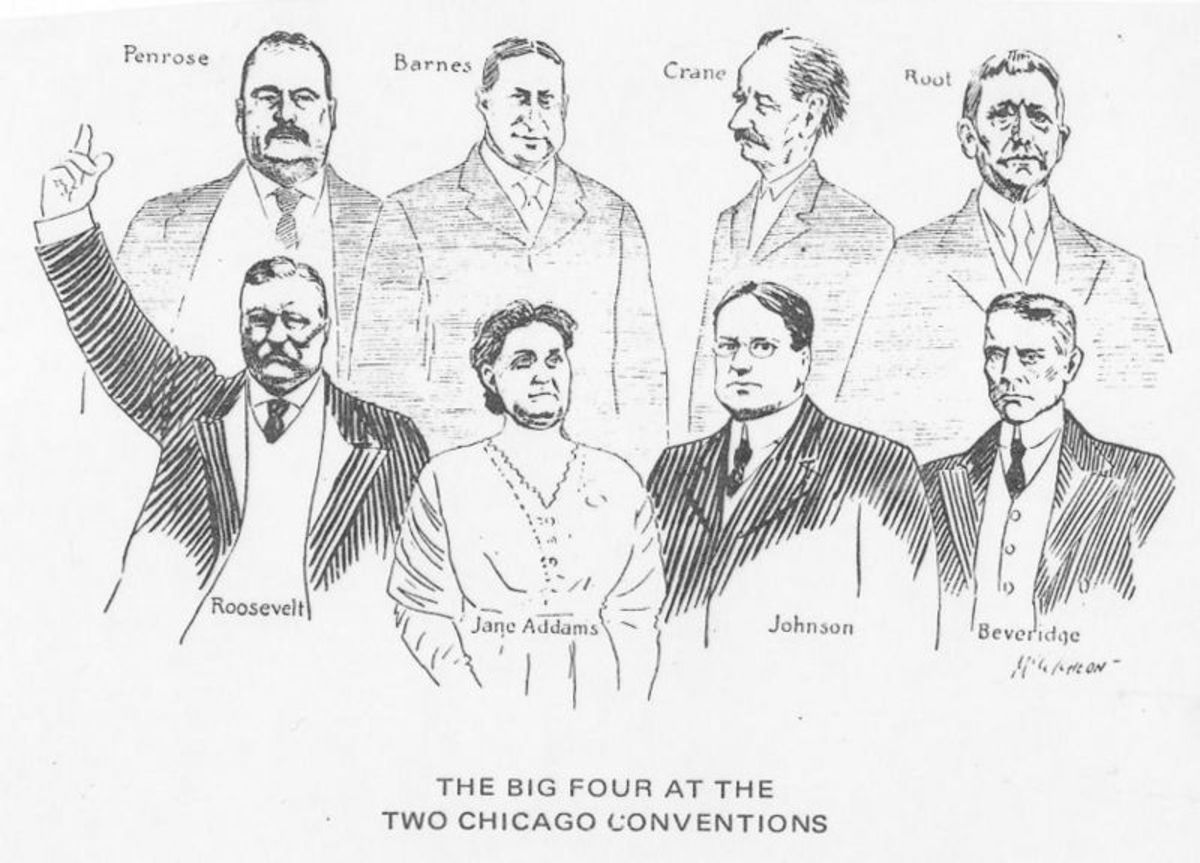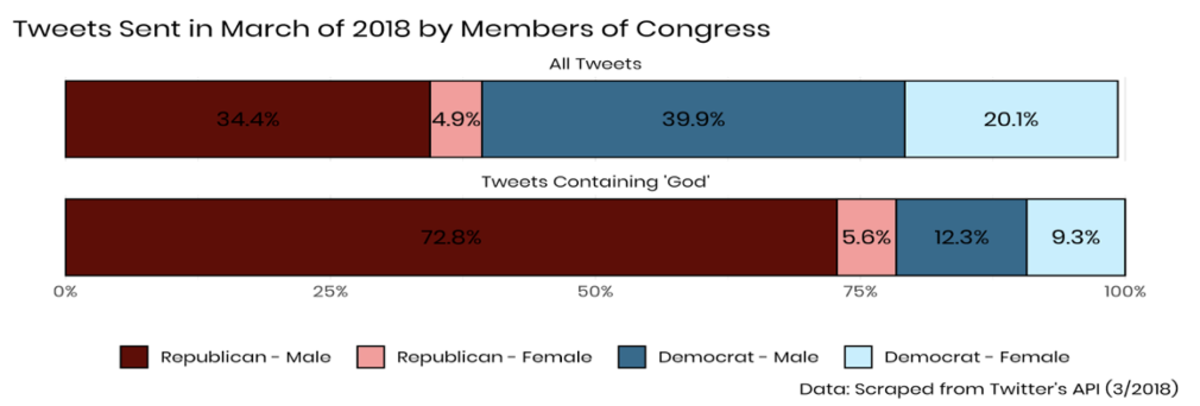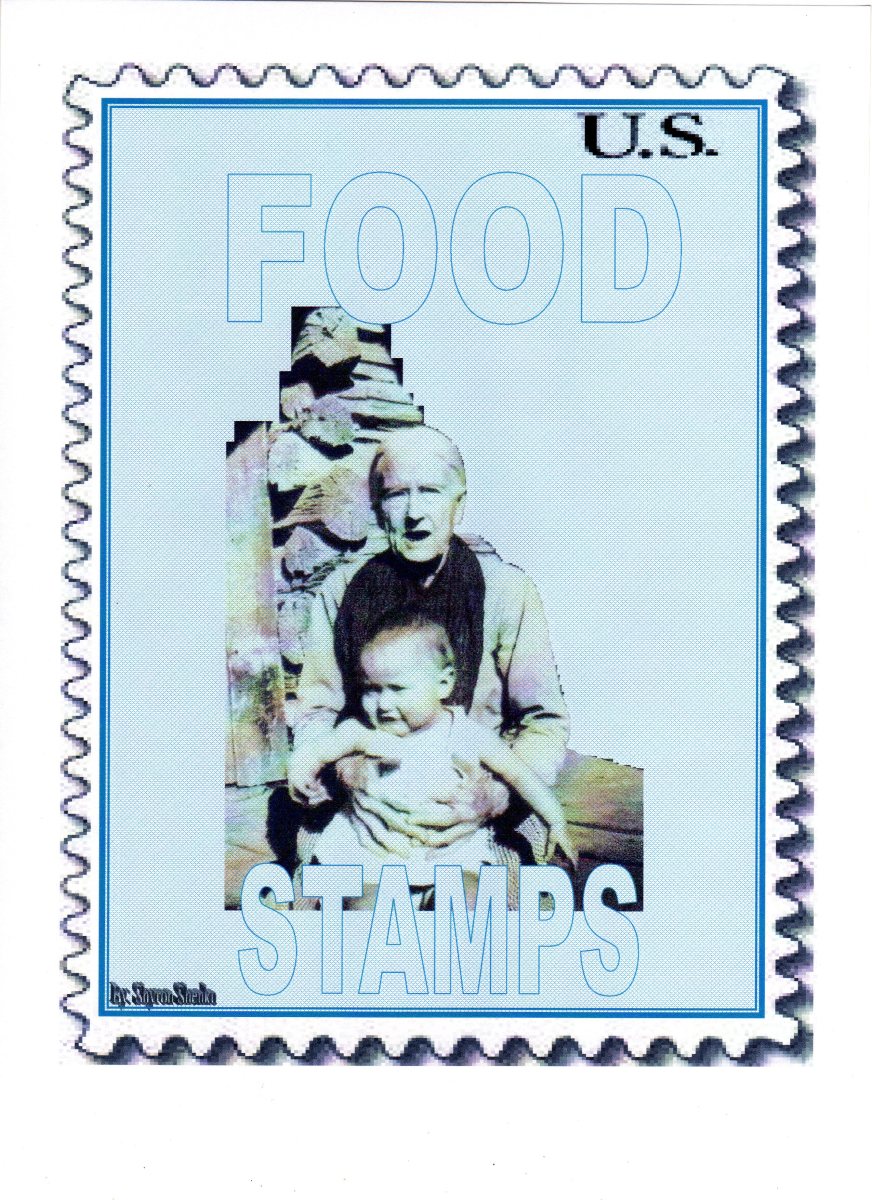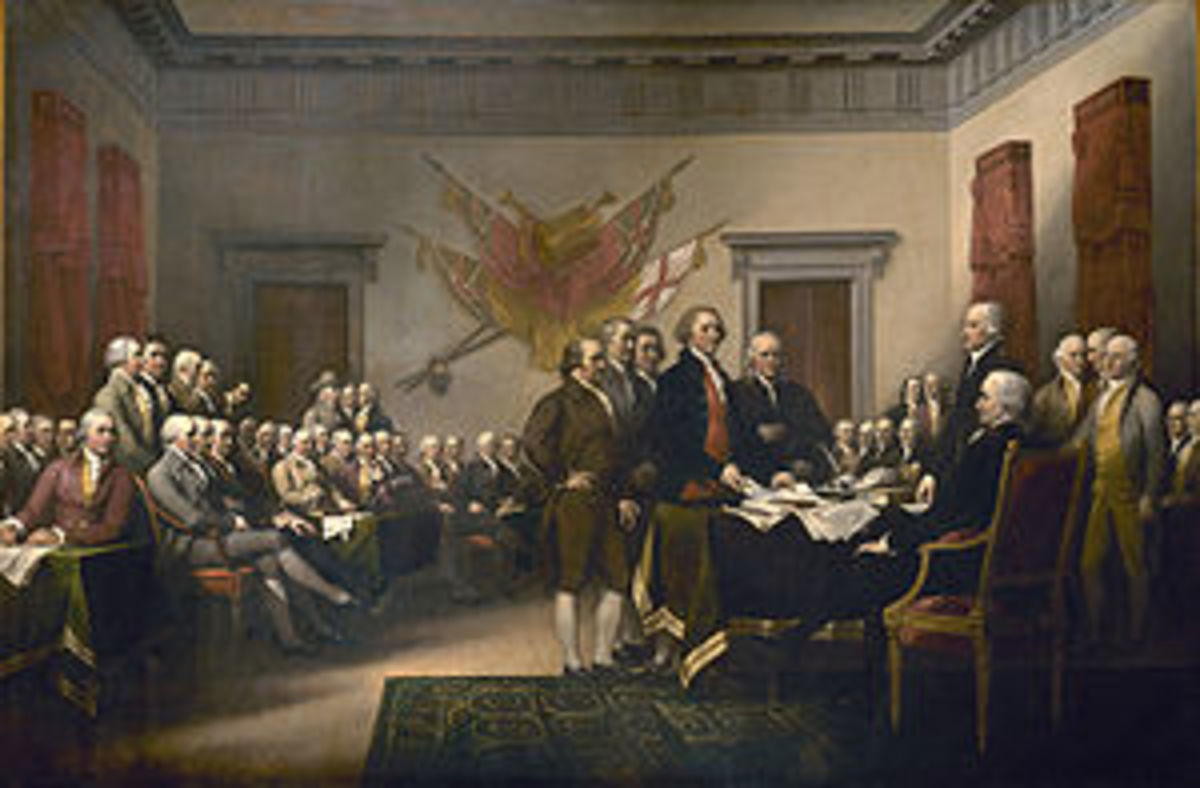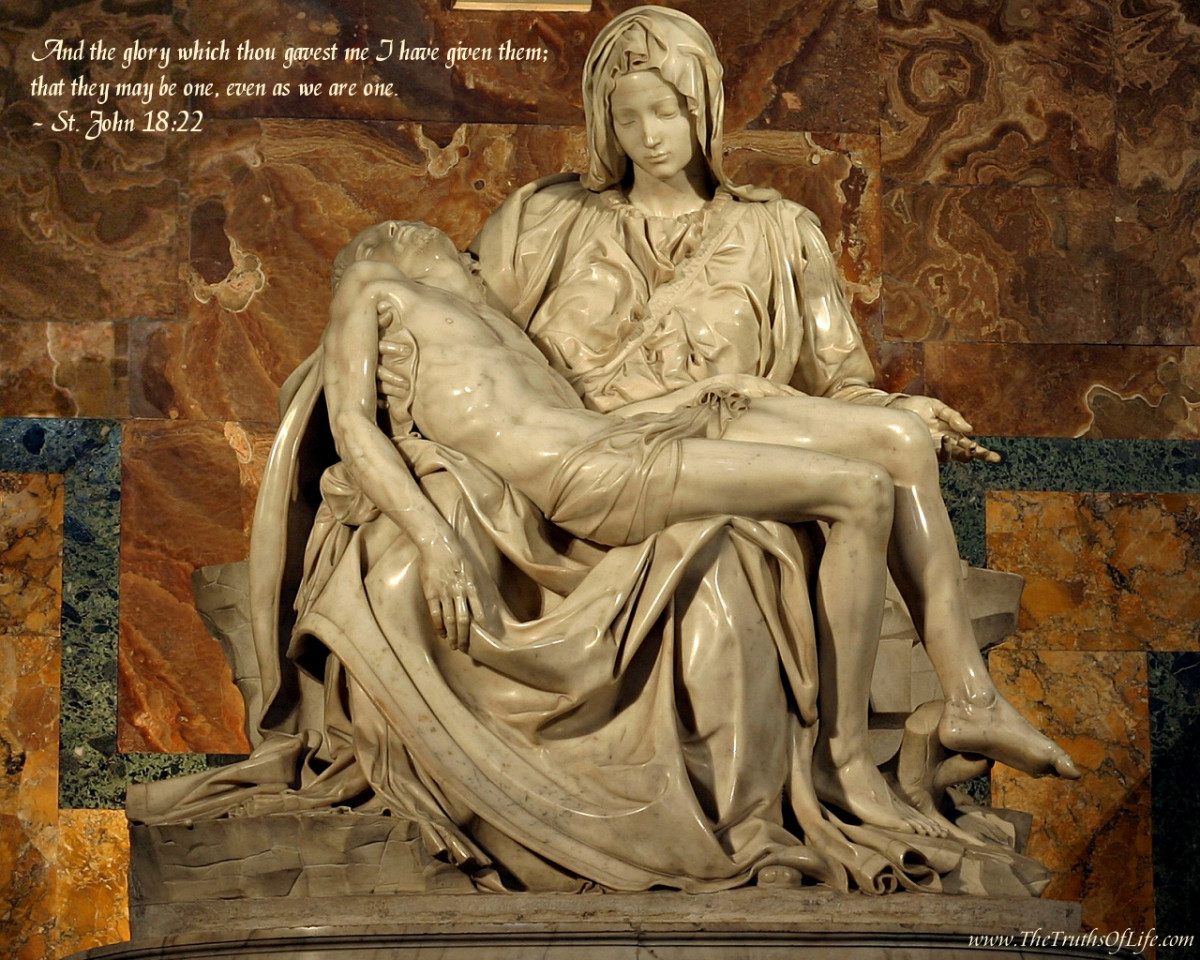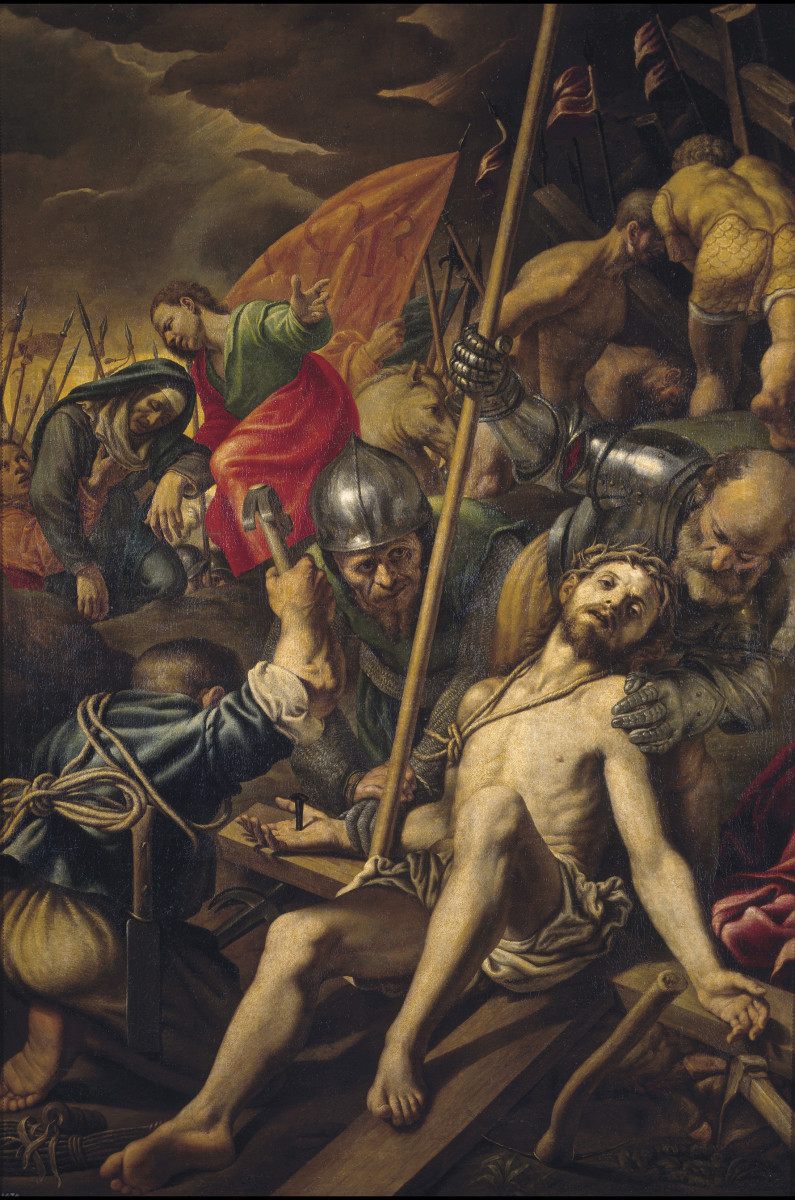Faith and Reason. The Credibility of the Church.
Traditions,Opinions and Politics
" Proof is boring. Proof is an irrelevance. People would far rather be handed an easy lie than search for a difficult truth, especially if it suits their own purposes."
Joe Abercrombie
The Nature of Reason and a Culture That Discourages it.
A distinct part of the human character is our ability to reason. To reason is to use our mental capacity to assess an object, subject or situation and draw a conclusion or make a decision. Its a process of thinking that requires logic in order to make a sound judgment. There isn't a day that goes by that we don't use our reasoning skills to make complex or simple decisions.
Deciding what to cook for dinner may depend on how much time we have to prepare a meal and how many people we are preparing the meal for. This would require we use simple reasoning skills. Still, there are some choices we have to make that are more complex when we consider the possible ramifications on ourselves, our family or the general public.
For example, making big decisions like buying a new home, ending a marriage or running for public office can have a beneficial or destructive outcome. It is up to the deciding party to use the solid rationale that is devoid of emotion or prejudice in order to determine what is favorable or catastrophic for all involved. To rationalize is not the same as making a rational decision. Rational decision making is a step by step process based on logical and factual analysis. The person making the decision is more concerned with the integrity of the outcome rather than the desired outcome alone.
Let us say I'm thinking about running for a seat on the school board. Maybe I'm tired of the way the school is getting low marks or the dropout rate in my district is too high. Should I run on those reasons alone? No. I would run because I know I have the experience and knowledge and time to make a difference. I would also want to be sure that I have a reasonable likelihood of winning before I invest my time, money and energy on campaigning for the seat.
It is the actions we perform during the decision-making process- identifying the decision, researching the facts, as well as looking into other possible avenues or resolutions that help to define who we are intellectually and morally. Am I genuine or disingenuous? Credulous or a critical thinker? The ability to think, comprehend and make a healthy judgment is contingent on our ability to skillfully assess, and analyze the facts. This is what it means to use our power of reason with honesty and virtue.
Sadly the average person has become dependent on satire and dubious posts to form their conclusions. Public opinion of late reflects idealism rather than the authentic and truth taken out of context in order to drive a point home has become acceptable in today's society, especially in the political and religious arena. There is little doubt that these two subjects ( politics and religion) ,in particular, have had a powerful impact and persuasion on the human psyche, including peoples ability to reason with distinction, rather than sentiment or solidarity.
Politics and Religion No One comes Out Of This Unscathed.
We were raised as Democrats, but to my fathers disappointment, and sometimes rage, some of his children chose a different course. In the eighties during the Ronald Reagan campaign the Republican party crusaded as the " party of God." This concept took hold and the Christian mass proudly boasted their part in President Reagan's win. This does not mean that only religious people or evangelicals belong to the Republican party. Neither would I suggest the evangelicals hijacked the republican party. ( My father would ) It simply means, had my father remained objective and taken the time to do a little equitable research. He would have realized that both parties are always on the look out for unrepresented or underrepresented groups. If that group is discovered and found to be profitable, negotiations begin, promises are made, and the unrepresented party becomes a new platform and a constituent.
My fathers inability or unwillingness to look past his partisan view leached its way into family gatherings and almost cost him a relationship with his own children. Thankfully they had enough love and patience for our father to walk away.
To this day I understand why my father dug in his heals. Not long after my siblings joined the church they became republican. I had started attending church years before them and I was still undecided. I had long understood that the republican party and Christianity had become synonymous through coined phrases, catchy rhetoric, aggressive radio commentators, and televangelism. Unlike my younger siblings, I was around when the propaganda storm began. As a matter of fact the political fervor, and propaganda was so intense and dogmatic it made me feel uncomfortable.
I did not want to call my dad a liberal as if it were a dirty word. I did not want to call my father and my friends, heathens, demoRATS, or worst of all, enemies of God. I didn't want my faith, or my testimony to be associated with harmful slander that I suspected was dishonest. There was a time when this would have been seen as anti American, unconstitutional, unchristian, uncharitable, unforgiving, and downright mean-spirited.
It was this hypocrisy and the half truth justification for crude name calling and hurtful rhetoric in the church that forced my father to dig in his heals and close his mind to evangelical ideology. Being called God's enemy, and Satan's adversary was not only hurtful to my dad, it damaged the credibility of the church as a whole and ostracized sincere unbelievers who were open to understanding the bible.
The Evangelical/ Political Paradox- Sometimes God Loses The Election To Poor People On Food Stamps
When Barack Obama ran for President the first time, the Christian community said, "God is in control! .... God is in control! "Meaning, the candidate for Christian values would win....
When Obama won, horrible posts by some those same people came out on social networks blaming poor people on food stamps for his victory.
"If we really believed God was in control, Why blame poor people? Why not blame God?"
For the first time since the depression, more Americans depended on charity than any other time in history. Many recipients had never been on food stamps before. And the homeless base were no longer just the mentally ill, or addicts. Adult children moved in with parents, others moved into campgrounds, or crowded themselves in tiny apartments and some ended up in the streets. Talk about poor judgment. And poor timing.
Sound reasoning takes time, only fools act in haste
It takes humility and courage to not react when you are boxed in, or backed in a corner. In the religious/political environment we are rarely afforded these luxuries. There is monumental pressure to believe what you are taught regardless of your understanding. Our social standing and how others perceive us tend to cloud our rational, therefore, its hard to nail down and assess why we feel anxious and hurried to make a declaration of faith. Consequently, sound reasoning can be and often is compromised.
To our detriment we live in a culture and climate that discourages intellectual integrity, and encourages a blind faith, especially in the traditional Christian environment.
Yet the bible identifies faith as something of substance and evidence. Substance and evidence are both tangible in the respect that Gods existence is concrete and evident through his creation and all its complex wonders. His existence is tangible because we can mentally grasp hold of - and identify his qualities and attributes as, supremely intelligent, powerful, creative and most of all loving, by the shear fact that he has provided us with all that we can want or need in order to live happy productive lives. Because faith is evident and concrete it is no surprise that it is reasonable as well
It goes without saying that the reality of God is not in question within the devout community - how most Christians define faith and operate in that sphere is, and should be questioned. Regretfully, to conduct oneself within the boundaries of the accepted norms is favorable and preferable even when a teaching defies rational and cant hold weight under scriptural scrutiny.
All too often the religious environment has a pervading atmosphere, an unmistakable undercurrent that stifles veracity and suppresses the spirit of inquiry, leaving little room for sincere scriptural discernment and biblical research that can either uphold or tear down interpretation.
Some denominations are completely dependent on inexperienced and unsuspecting people to help perpetuate and sustain a particular belief or interpretation that is unbalanced or unscriptural. Instead they demand loyalty rather than reason and defectors run the risk of public humiliation, shaming, or the threat of a violent retaliation from a very angry God that wants to assault and torture anyone who doesn't agree with him.
Still the underlying fear of being ostracized or not fitting in with your peers can be one of the greatest enemies of truth and reason and one of the greatest allies to distorted doctrines and teachings.
Staying within the boundaries and acceptable norms and leaving the atmosphere undisturbed is a much safer course and few will dare to stray from it.
To question convention is spiritual suicide. To question what you cant understand is to lack faith. To doubt means your incredulous, your out of touch with God, your an insurrectionist. At the very least - if your lucky, you are spiritually inept. Isaiah 1:18 Offers the solution in a nut shell. " Come now, let us reason together, says the Lord: though your sins are like scarlet, they will be white as snow, though they are red like crimson, they shall become like wool."

